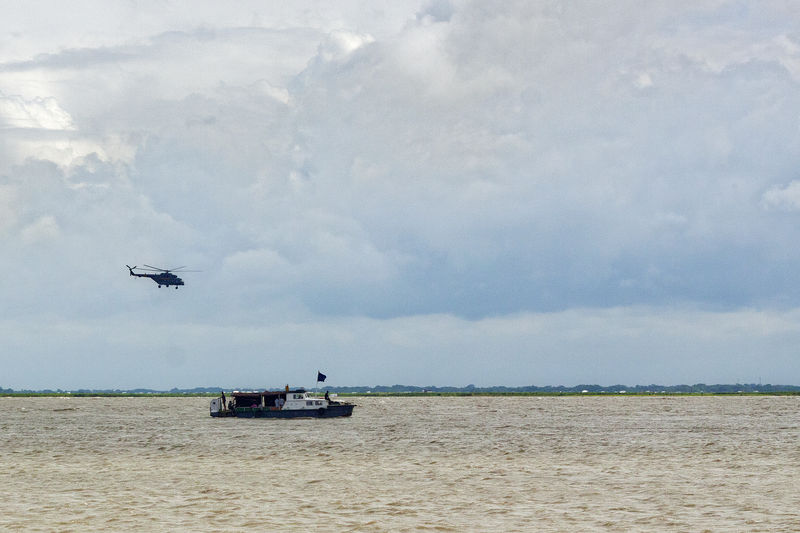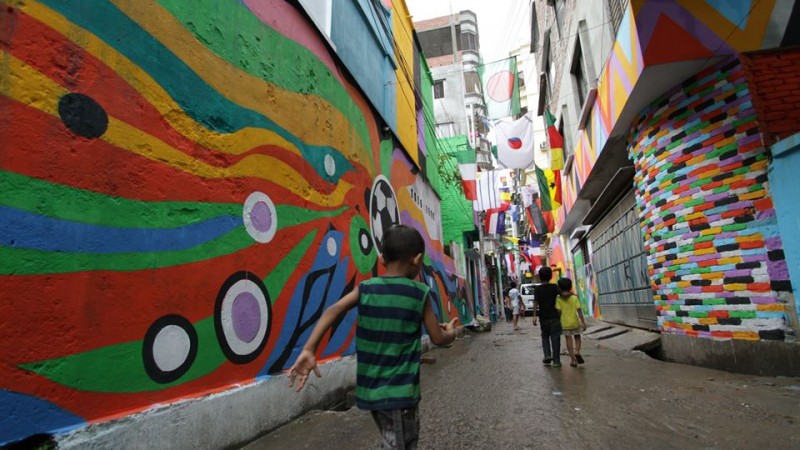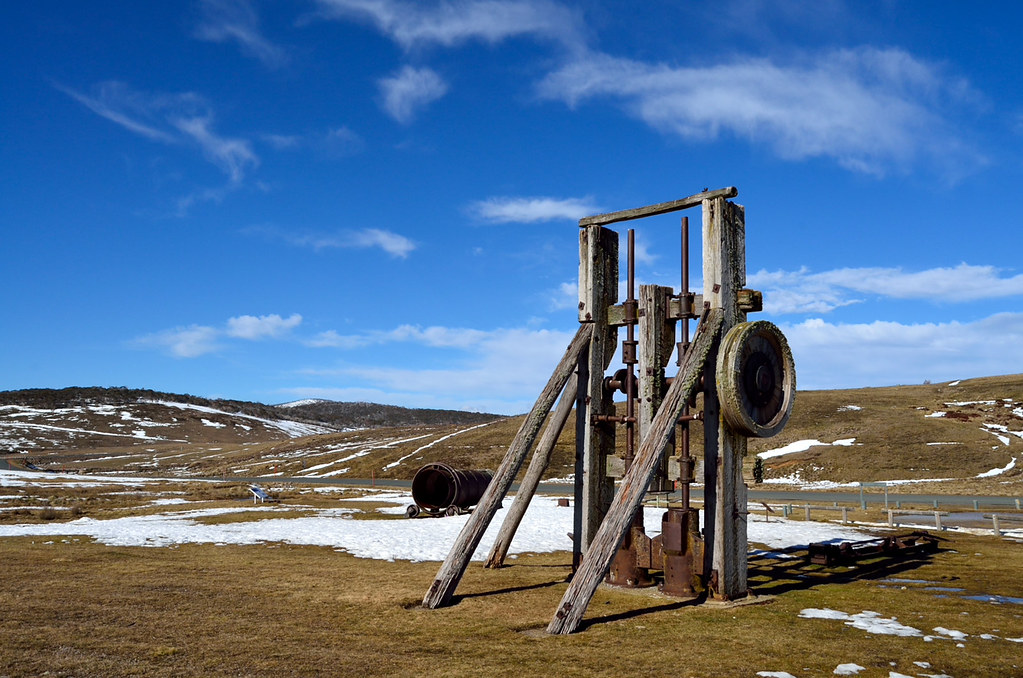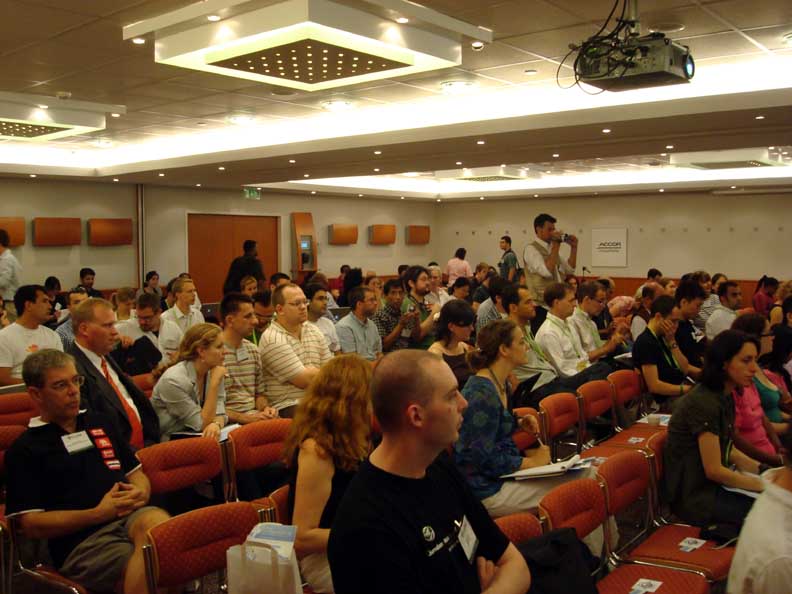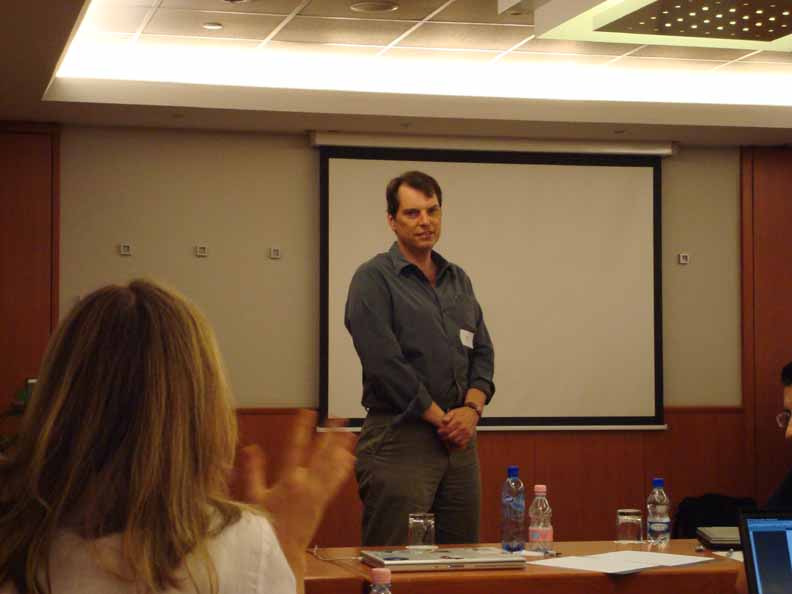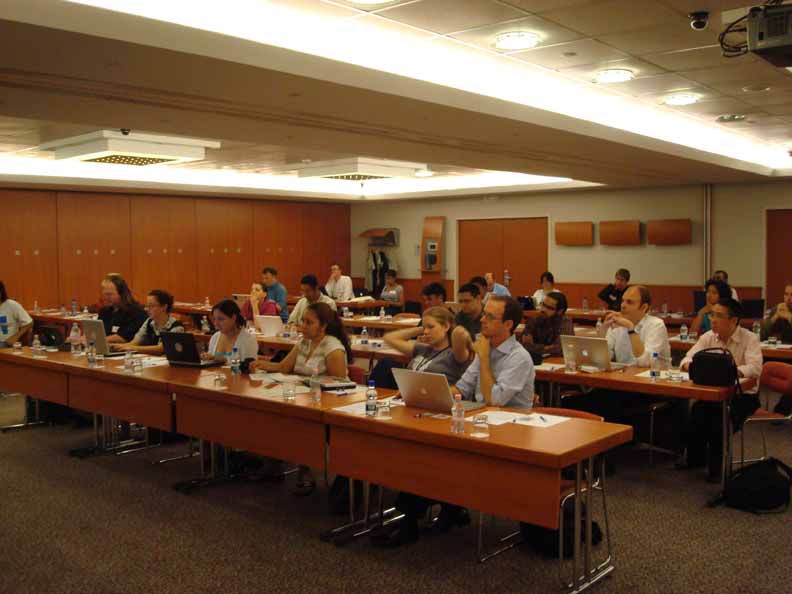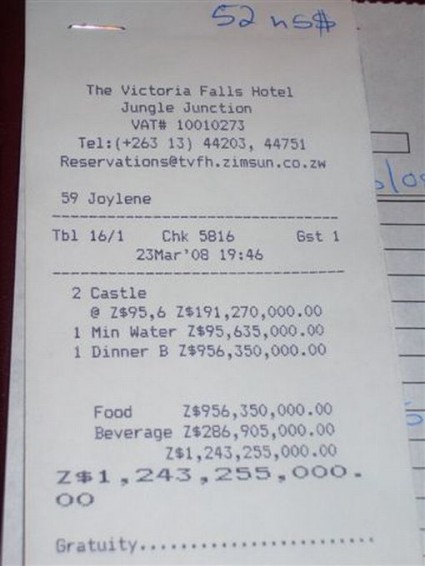Bangladesh government has introduced a tougher law to combat religious terrorism in the country. The Anti-Terrorism Ordinance 2008 passed this week
empowers:
* The Central Bank to freeze the accounts of a suspected terror financier.
* judges to impose death penalty for terror financing and staging murder to create panic and jeopardize the country's sovereignty. Special tribunals will be constituted to deal with such offenses.
* Anyone resorting to murder, kidnapping or damaging property to create panic among the people and jeopardize the country's security by using explosives, arms and chemicals, will be charged with committing terrorist offense.
These will provide a deterrent to the terrorist outfits who are funded from terrorist cocoons like the Middle East and not surprisingly UK.
Although considering the population Bangladesh is a Muslim majority country it enjoys much liberal legal and cultural environment since its inception. The common perception of many who knows Bangladesh less is that it is one of these monarchy or religious party controlled state with Sharia in place. Quite contrast to that most of the Bangladesh's legal system are based on the British laws (imposed during the colonial era) and some renovations. India and Bangladesh recognizes some religion specific rules regarding marriage and inheritance. But Pakistan adopted full Sharia law in their legal systems in 1979.
Bangladesh broke away from Pakistan after a bloody
liberation war in 1971. The Pakistani army carried out
a genocide of many Hindus and Bengali Muslims who were deemed not proper Muslims and secessionists.
The fundamental principles of
Bangladesh constitution of 1972 were:
- Democracy
- Nationalism
- Secularism
- Socialism (this principle was generally considered for social justice particularly for the disadvantaged.)
According to the section on fundamental rights, all men and women are equal before the law, without discrimination based on religion, race, caste, sex, or place of birth. The Constitution also guarantees the right to assemble, hold public meetings, and form unions. Freedom of speech and of the press are ensured. Persons who have been arrested must be informed of the charges made against them, and they must be brought before a magistrate within twenty-four hours.
Bangladesh was fundamentally a secular country when it was born. The Islamic parties supported Pakistan during the war and was a party to the crime the Pakistan Army committed in 1971 in the name of curling insurgency. So after the war many of their leaders went on to hiding and returned to normal life after a mass pardon.
Then the father of nation Sheikh Mujibur Rahman inclined towards Socialism and was assassinated in 1975 by a military coup. Military dictatorship (and autocratic puppet democracy by military rulers) ruled Bangladesh till 1990 when democracy was truly restored. The leaders of the Jamaat returned to Bangladesh during the rule of the military rulers Zia and Ershad and some were even helped to restore in politics. For an example is the case of Abdul Kader Molla, who became known as "the Butcher of Mirpur," a Dhaka suburb which in 1971 was populated mainly by non-Bengali Muslim immigrants. Today, he is the publicity secretary of Jamaat e Islami Bangladesh. In 1996 the more progressive political party Awami League joined hand in hand with Jamaat e Islami to make a electoral pact to contest the election against then ruling Bangladesh Nationalist Party.
"The Constitution as originally framed in 1972 explicitly described the government of Bangladesh as "secular," but in 1977 an executive proclamation made three changes in wording that did away with this legacy. The proclamation deleted "secular" and inserted a phrase stating that a fundamental state principle is "absolute trust and faith in the Almighty Allah." The phrase bismillah ar rahman ar rahim (in the name of Allah, the beneficent, the merciful) was inserted before the preamble of the Constitution. Another clause states that the government should "preserve and strengthen fraternal relations among Muslim countries based on Islamic solidarity."
State support for Islam, including recognition of Islam as the state religion in the Eighth Amendment to the Constitution in June 1988, has not led to official persecution of other religions. Despite agitation by Jamaat e Islami (Congregation of Islam) and other conservative parties, there was no official implementation of sharia (Islamic law) as of mid-1988".(source)
In fact in 2001 a
Bangladesh court banned Fatwa which was a blow to the Islamists.
So there are many Bangladeshi laws to safeguard the society from religious fanatics and restrictions on freedom of expressions. But in effect many people do not know of their rights. In rural areas mosque based religious leaders are respected and people are afraid to counter their unlawful acts.
A couple of months ago Mufti Fazlul Huq Amini, chairman of Islami Oikkojote (Islamic confederation) had the audacity to proclaim a Fatwa in a
press release that by announcing the new
National Women Development policy (promoting equal right of women), the caretaker government has spoken against the Koran, and are thus considered apostates.
His Fatwa was unchallenged and in fact the Government took no steps other than a
meek protest.
So it remains to be seen whether the new laws are not politically manipulated and thus become truly effective. People has to be aware of these regulations to fight the bigotry and Jihadi ideologies.


















